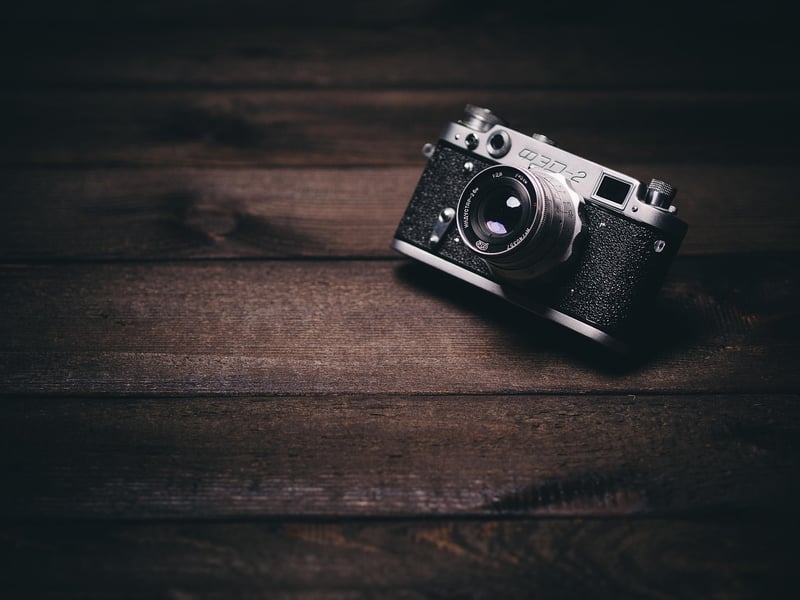Historical Devices
Tools for Time Travel and Historical Devices
Introduction
Time travel has captivated human imagination for centuries, with numerous depictions in literature, movies, and popular culture. While time travel remains a theoretical concept, several tools and historical devices have played a significant role in shaping our understanding of time and history.
1. The Clock
The invention of the clock revolutionized how humans perceive and measure time. From ancient sundials to modern atomic clocks, timekeeping devices have been essential in organizing human activities and understanding the passage of time.
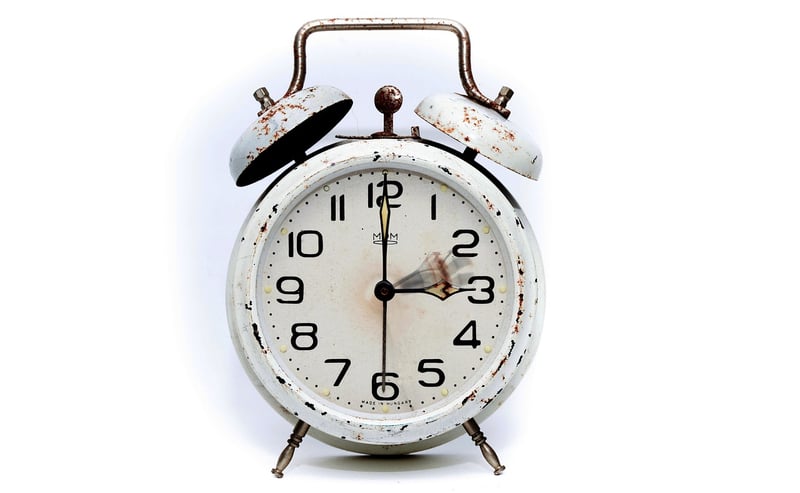
2. The Compass
Used for navigation since ancient times, the compass enabled explorers and travelers to understand direction and navigate across vast distances. Its invention revolutionized maritime exploration and played a crucial role in shaping world history.
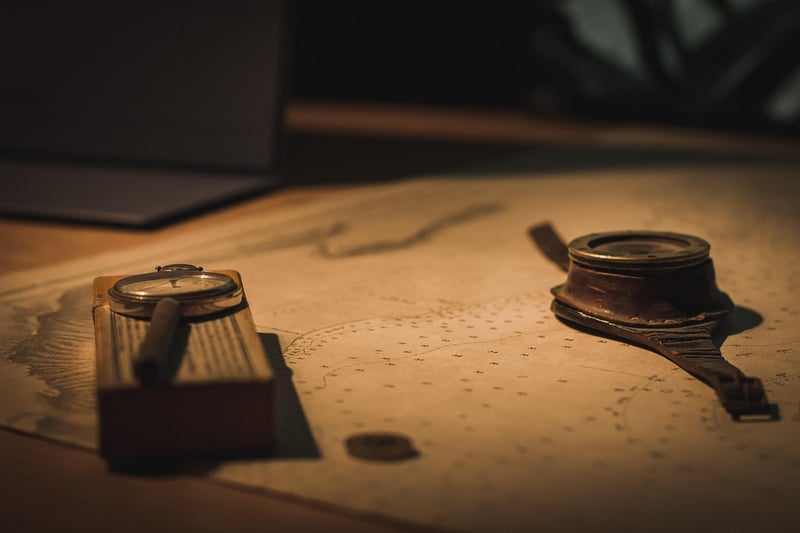
3. The Astrolabe
An ancient astronomical instrument, the astrolabe was used for solving problems related to time and the position of celestial objects. It played a vital role in navigation, astronomy, and timekeeping during the medieval period.
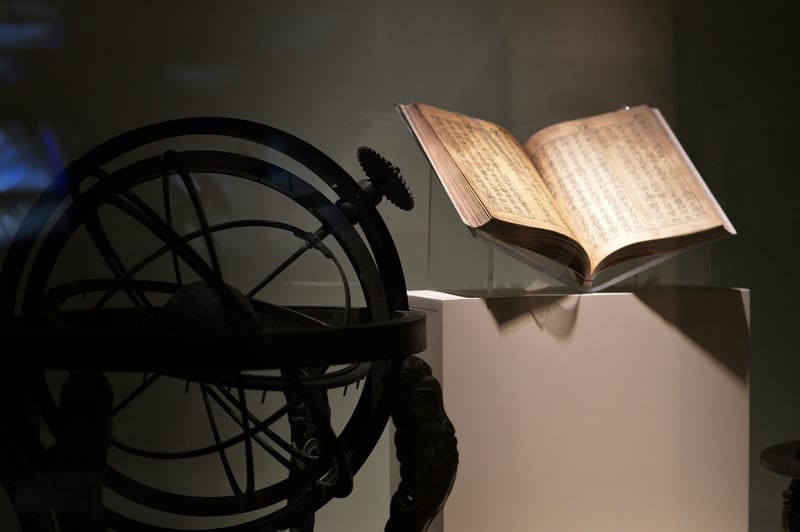
4. The Gutenberg Printing Press
Invented by Johannes Gutenberg in the 15th century, the printing press revolutionized the spread of knowledge and information. It enabled the mass production of books, leading to increased literacy rates and the preservation of historical records.
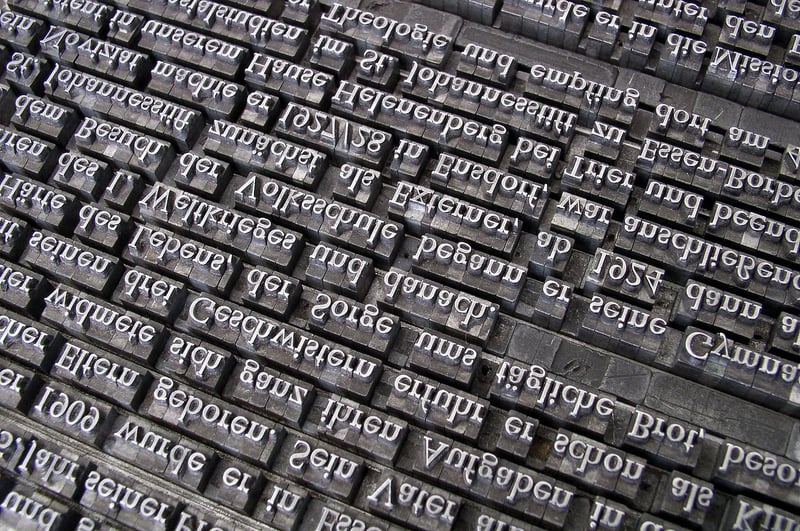
5. The Telegraph
Developed in the 19th century, the telegraph transformed long-distance communication by enabling messages to be transmitted quickly over vast distances. It connected people across continents and played a crucial role in shaping global events.
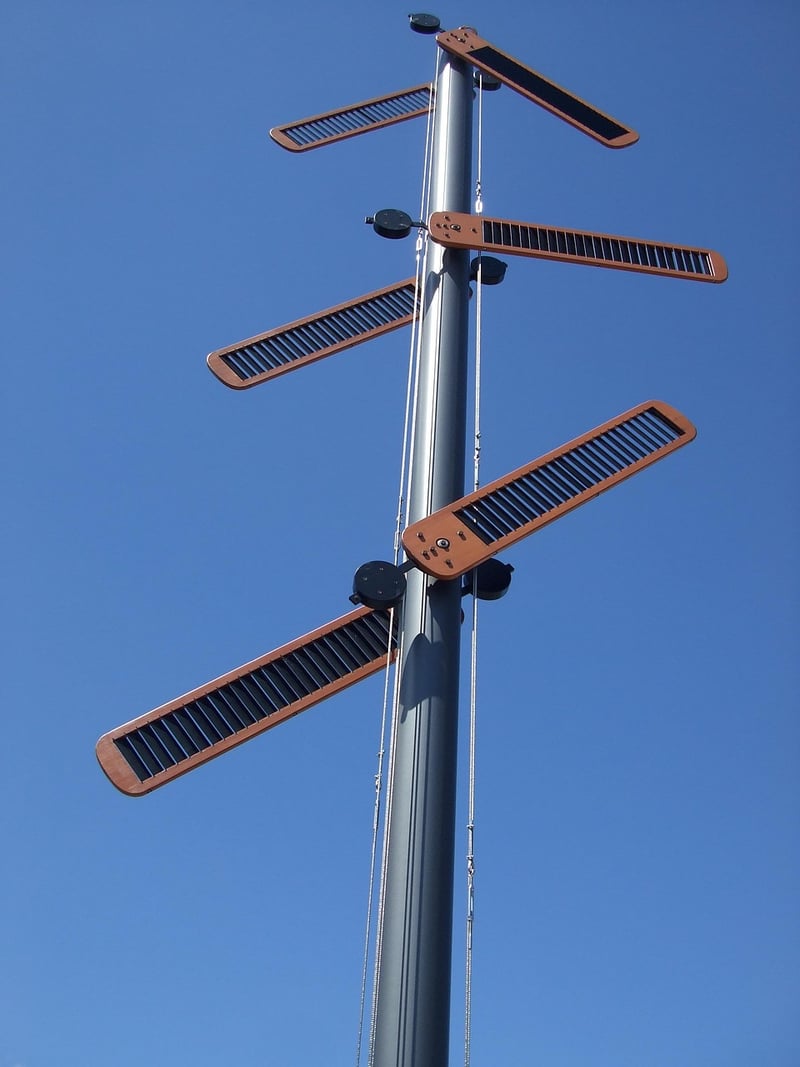
Conclusion
While time travel remains a fantasy, the tools and historical devices mentioned above have had a profound impact on how we perceive and interact with time and history. These inventions have shaped human civilization and continue to influence our understanding of the past, present, and future.
